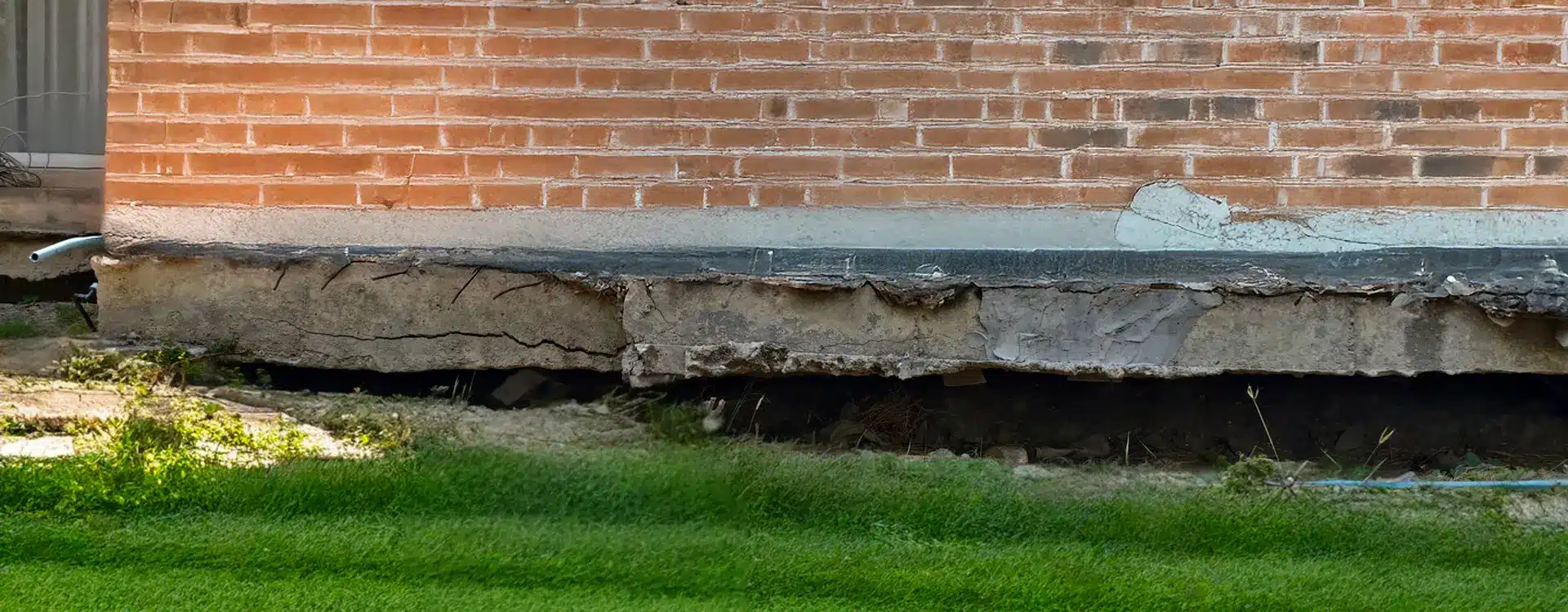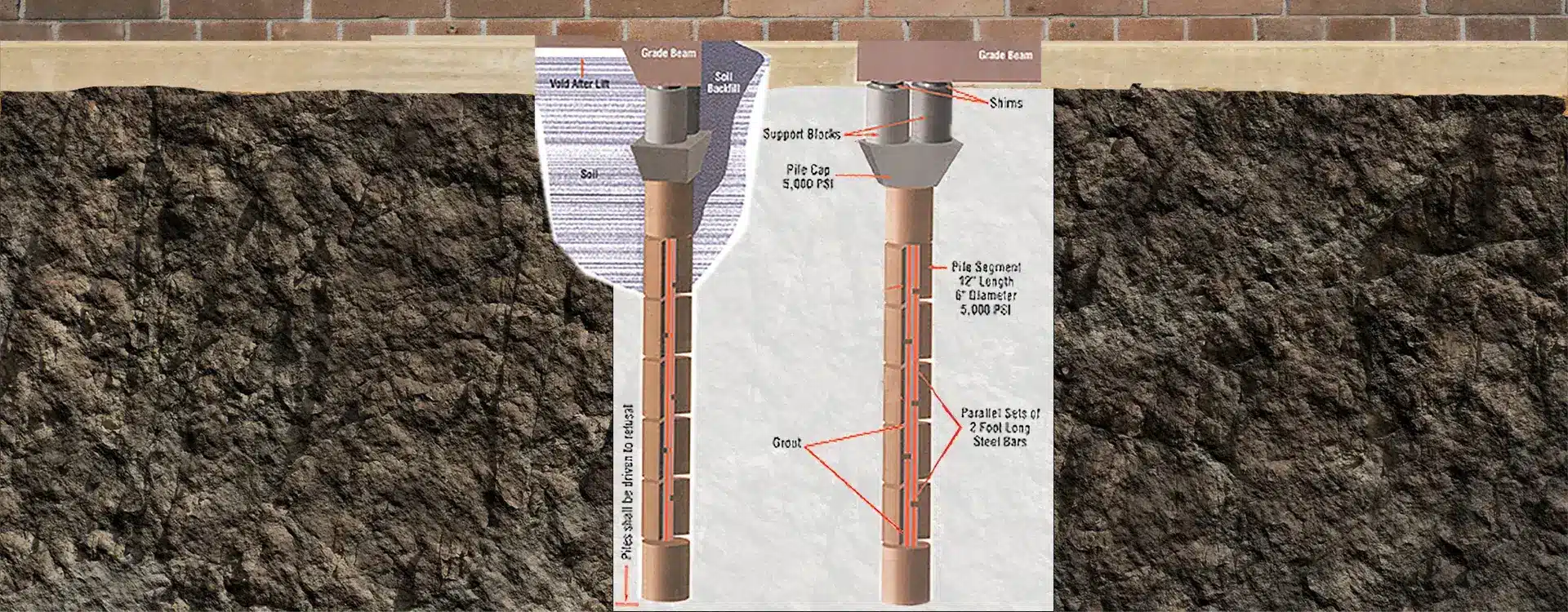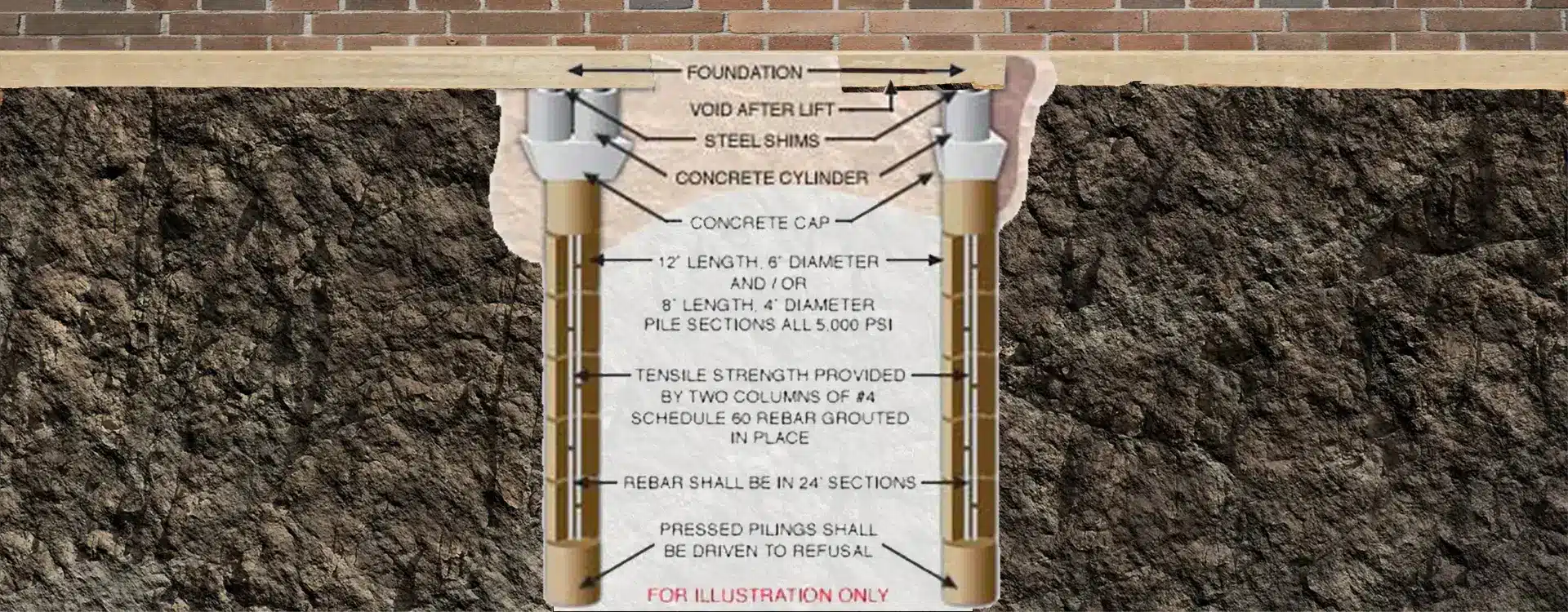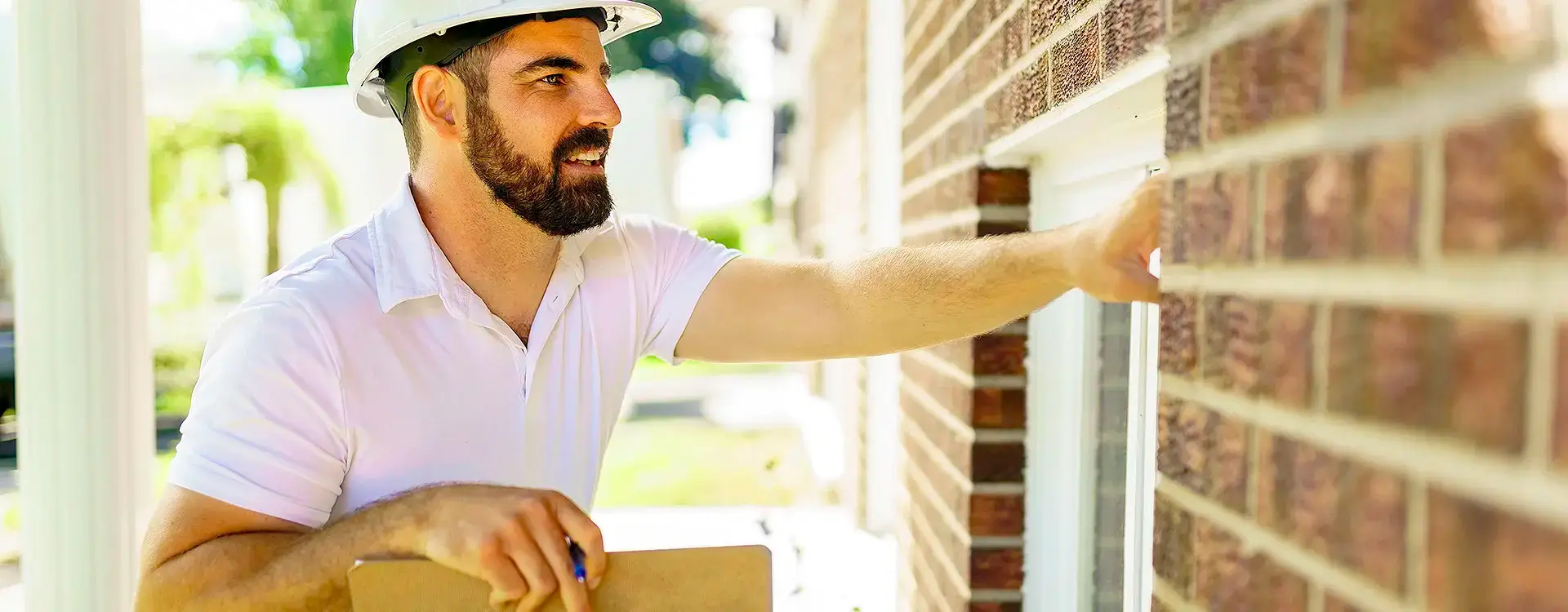Yes, in most cases, you can live in your house during foundation repair. Is it practical, or do you want to be there? That depends on how you feel about construction chaos, the repair type, and the damage’s extent. Use our list to help you through the work. Learn about potential challenges and tips that help ease the stress.
Factors That Determine If You Can Stay at Home
Type of Foundation Repair
Minor Repairs (e.g., crack sealing or waterproofing): They are minimally invasive and unlikely to disrupt your daily life.
Piering or Underpinning: This involves heavy machinery and some digging around the foundation. It can create noise, vibrations, and temporary restrictions around your home but doesn’t usually make the house uninhabitable.
Extensive Repairs: If severe damage requires significant excavation or structural adjustments, your contractor may recommend temporary relocation for safety reasons.
Location of Repairs
Exterior Repairs: If the work is primarily outside the house, it is easier to stay put.
Interior Repairs: Repairs involving crawlspaces or interior slabs may affect living spaces, making it harder to stay comfortable during the process.
General Safety
Staying in the home may pose safety risks. A contractor or structural engineer should make this determination.
 Challenges of Staying at Home During Foundation Repairs
Challenges of Staying at Home During Foundation Repairs
Noise and Vibrations
Foundation repairs use heavy equipment like hydraulic jacks and drills. They make a lot of very loud noise and vibrations. Many find this unsettling, especially for children, pets, or individuals sensitive to noise.
Limited Access
Certain areas of your home, such as crawlspaces or rooms near repair zones, may be off-limits for safety reasons. Not having access to part of the home can be inconvenient.
Dust and Debris
Drilling, digging, and other repair activities can produce dust and debris. Contractors usually minimize the mess, but some dust may still spread into your living spaces.
Utility Disruptions
Temporary utility shutoffs for water, gas, or electricity may be required. Many times, repairs happen near utility lines. For everyone’s safety, utilities need to be shut off. Schedule to have them turned back on right after repairs are done.
Safety Concerns
If you have children or pets, keeping them away from work zones is critical. Open excavations, tools, and machinery can pose hazards.
Tips for Living at Home During Repairs
Plan for Disruptions
Schedule noisy or disruptive work during hours when you’ll be out of the house, if possible. Use alternative spaces, such as staying in a specific part of the house far from the work zone.
Set Up Protective Barriers
Contractors often use plastic sheeting or temporary walls to contain dust. You can request additional measures to ensure your living areas stay clean.
Keep Pets and Children Safe
Pets find strangers, loud noise, and unexpected movement upsetting. Keep your pets as content as possible. Create a secure pet area. Make sure it is away from the repair zone. It reduces stress and prevents accidents. Inform children about off-limits areas and monitor them closely during the repairs.
Communicate with Contractors
Work with the repair team. Understand what to expect, including noise, vibrations, and access to your home. Ask for regular updates on the project timeline.
Prepare for Utility Interruptions
Stock up on water, charge electronic devices, and plan alternative ways to cook or heat your home if utilities are temporarily unavailable.
When Temporary Relocation May Be Necessary
While most foundation repairs allow homeowners to stay in the house, certain situations may require temporary relocation:
Major Structural Damage
If your home’s structural integrity is compromised, staying inside could be unsafe.
Extensive Excavation
Repairs requiring deep digging around the foundation may destabilize the house temporarily or create access issues.
Health Sensitivities
Anyone with respiratory issues should stay with a friend. It is best to avoid the construction dust and fumes.
Prolonged Timeline
It may be more practical to stay elsewhere for repairs expected to last several weeks or months.
Can You Live in a House During Foundation Repair?
Living in your home during foundation repairs is often possible, especially for less invasive projects. Prepare yourself for a lot of noise, restricted access, and potential utility disruptions. Talk with your contractor. Good communication is really important. It helps you know what to expect and can plan accordingly. For major repairs or safety concerns, temporary relocation might be the better option to ensure comfort and security.
What to Expect Before, During, and After Foundation Repair Series
What to Expect Before Foundation Repair
- 20 Signs of Foundation Damage – Easy Checklist
- When to Get a Foundation Inspection – How to Know if Your Foundation Needs Repair
- Preparation for Construction Before Foundation Repairs
What to Expect During Foundation Repair
- What to Expect During Foundation Repair – Detailed Guide
- Can You Live in a House During Foundation Repair?
- How is Foundation Repair Done – The Process from Start to Finish
What to Expect After Foundation Repair

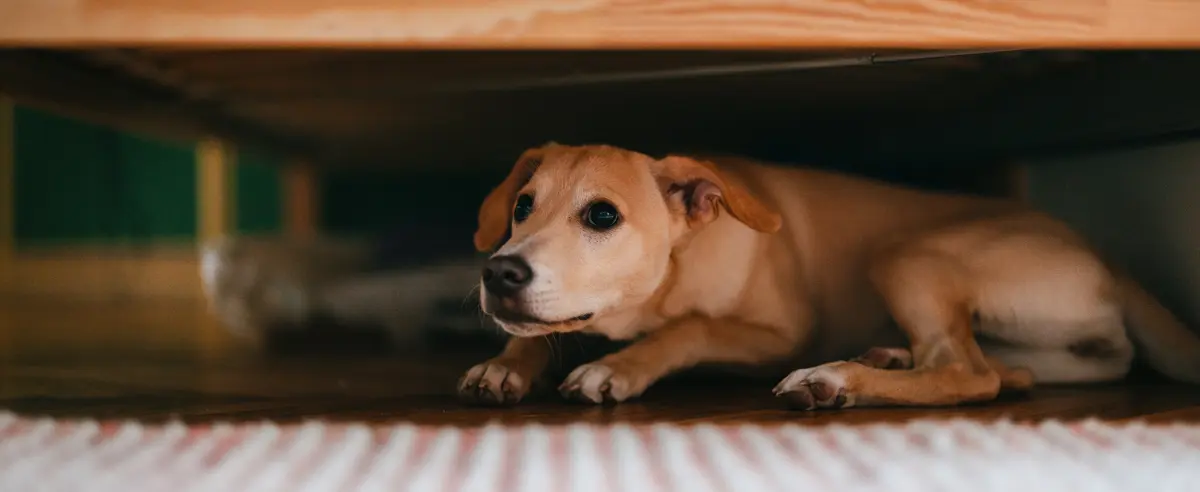
 Challenges of Staying at Home During Foundation Repairs
Challenges of Staying at Home During Foundation Repairs